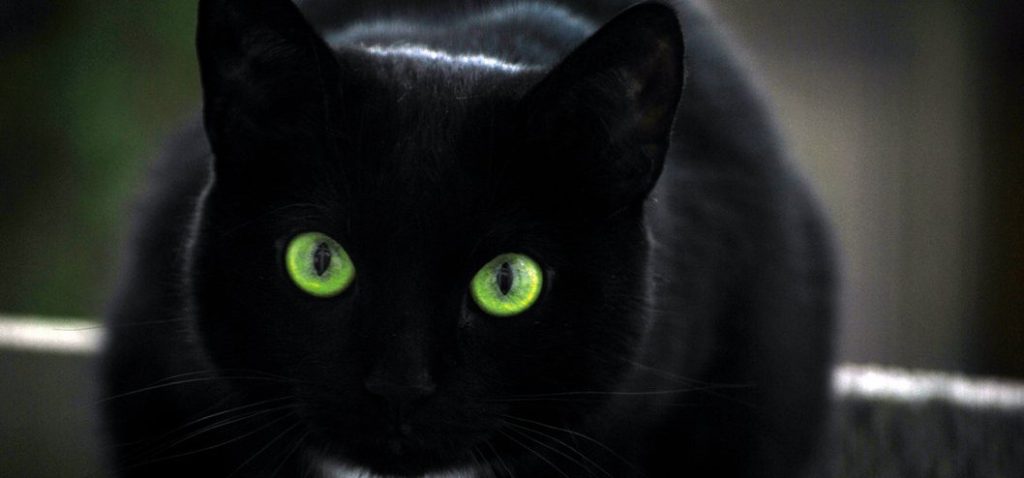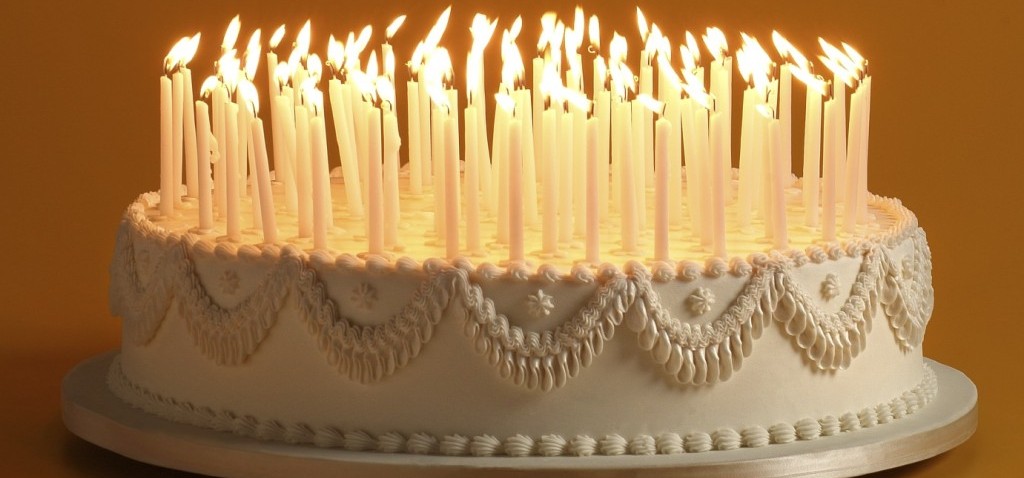Popular Superstitions around the World
Superstitions can be defined as, “irrational beliefs, especially with regard to the unknown” (Collins English Dictionary)
They cause us to act in strange ways, believe in odd things and leave us unable to tell why.
Many superstitions may seem silly, even stupid to us today, but they continue to influence our behavior.
Be it an old-fashioned villager or an intellectual city dweller, you’re often influenced by these weird believes and subconsciously act in ways that you can’t often explain.
Below are some of the most popular superstitions around the world.
- Four-leaf clover

Though the origin of wishing over a four-leaf clover is lost to antiquity it has long been a symbol of good luck and fortune. It has also been used in some traditions for finding a husband or a wife. The way this works is by first finding a four leaf clover; if you happen to find one, you must then eat it or put it inside your shoe…but eating is more fun). After this, the luck powers will activate and the first person you come contact after the activation will be your future mate. Word of warning, stay clear of anyone you don’t want as a future mate.
2. Shooting star

The superstition involving wishing on the shooting star you see in the evening is somewhat uncertain, however Europeans believed that the gods would occasionally peer down, and when they moved the sky, a star would escape and fall down. The Greeks also believed that the stars were falling human souls, and it was lucky to make a wish on them.
3. Broken mirror
In Roman times people had the habit of looking at their reflections in pools of water. Some believed that these reflections were in fact ‘glimpses of the soul’. Any disruption to the water, such as a stone being thrown into the pool, would bring bad luck to the person looking in. This superstition lives on with the fear of bad luck from breaking a mirror.
4. Black cats bring bad luck

Most people have heard the saying that if a black cat crosses your path it’s bad luck. This superstition finds its origin in the middles ages due to the misconstrued belief that single women who associated themselves with many cats were actually witches who could become cats themselves. Thus a black cat crossing your path could actually be a witch.
5. Something old, something new, something borrowed, something blue

This popular wedding tradition is said to have originated during the Victorian era and involves giving the bride various gifts. One is something old and represents continuity; another is new and represents hope and the future; the third is borrowed and symbolizes borrowed happiness while the last is blue and is supposed to bring purity, love, and fidelity.
6. Friday the 13th

Friday the 13th has been a source of superstition ever since the 19th century. Though its origin is shrouded in speculations and theories, its impact is quite evident. Many people will purposely avoid doing anything significant due to the belief that the day is cursed and its a source of ill fortune.
7. Candles

Candles have always been a tradition when it comes to birthdays and other special occasions, but there is a reason for them. eHow Food said Greeks baked cakes for Artemis, the god of the moon, where a cake represents a moon and a candle represents the light of life. The Europeans and especially the Germans were skilled candle makers and put a big candle in the middle of a cake and burned it all day long to ward off evil spirits. When the candle is blown out and a wish is made, the smoke is said to take the wish up to heaven.
8. Wishing fountains
The Wishing Fountain states that the tradition all started with the Trevi Fountain in Rome, Italy. In 19 B.C., the Roman soldiers were searching for some water source, and legend has it they ended up at the Trevi Fountain, which was not as glorious as it is now. They used that as their water source for 400 years and drinking from the fountain was supposed to give people good fortune. Now, the tradition is said that throwing a coin in the fountain will cause the same thing. This tradition spread to thousands of fountains around the world and is continued today. The movie When in Rome is an example for this superstition.
9. Dandelion

Young girls commonly used dandelions in the 1800s for romantic and oracular purposes. It was believed that if you blew on a dandelion and all the seeds flew away, your loved one returned the feelings; if any seeds remained, they might have reservations or no feelings at all. Children would blow on these flowers while thinking hard about the objects of their affection. Eventually this tradition spread to encompass all wishing, romantic or otherwise.
10. Eyelashes
Wishing on eyelashes was common folklore in the mid-19th century. A fallen eyelash is placed on the back of the hand before the wisher throw it over their shoulder or often blow it away. If the eyelash gets stuck, the wish does not come true.
There is no harm and it would definitely be fun. So, why don’t you give it a try?

